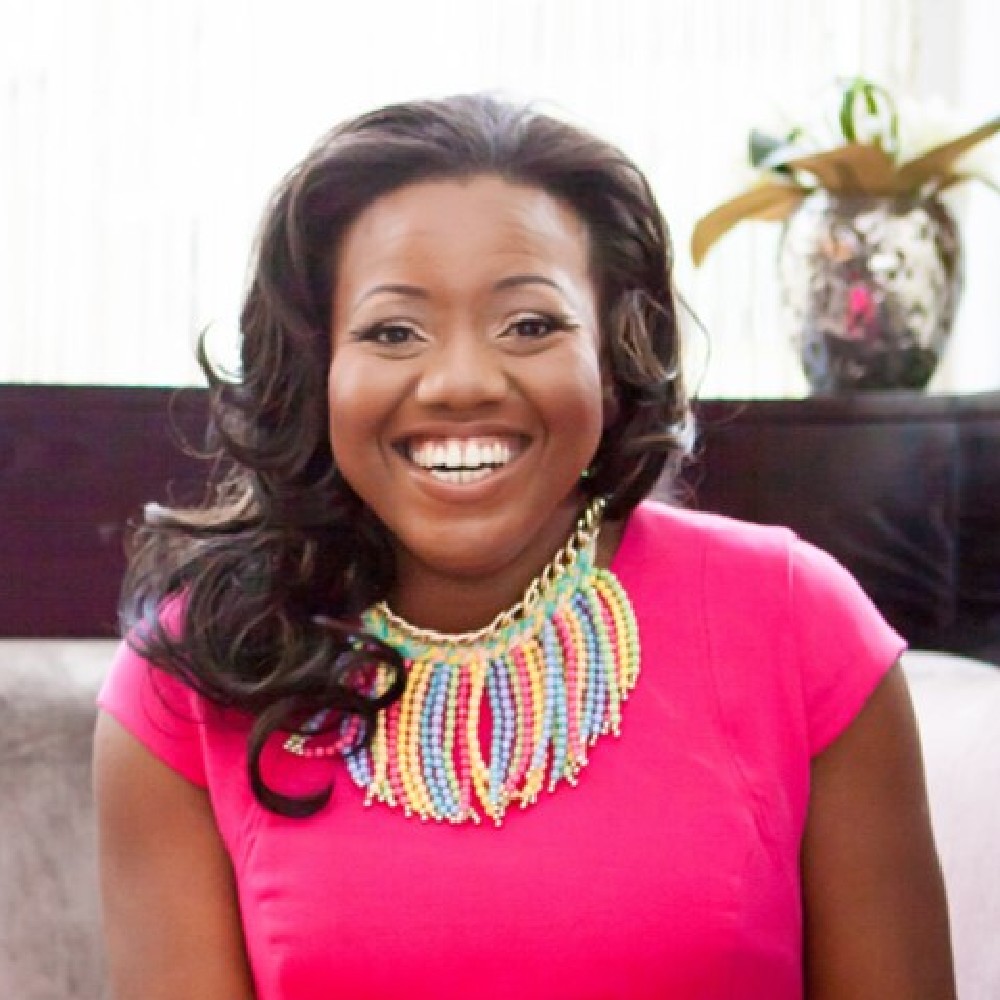What is Unconscious Name Bias?
Unconscious name bias refers to when you form a quick opinion about a situation or person based on their name, without being consciously aware of it.

Julia Bernard-Thompson
On a simple level name bias is not wanting to name a baby “Charlie” because all the Charlies that you know were mischievous. On a deeper level that unconscious bias is the difference in getting a job or not.
There are 5 types of Unconscious Bias
Affinity bias
Affinity bias refers to when you unconsciously prefer people who share qualities with you or someone you like. It occurs because your brain sees them as familiar and relatable, and we all want to be around people we can relate to.
Attribution bias
Attribution bias refers to how you perceive your actions and those of others. It stems from our brain’s flawed ability to assess the reasons for certain behaviours – particularly those that lead to success and failure.
Beauty bias
We all unconsciously notice people’s appearances and associate it with their personality. Appearances are important, particularly in a workplace setting, as they reflect on professionalism and self-awareness. However, many of us judge others too harshly based on their physical attractiveness.
Conformity bias
Conformity bias happens when your views are swayed too much by those of other people. It occurs because we all seek acceptance from others – we want to hold opinions and views that our community accepts.
Confirmation bias
Confirmation bias refers to how people primarily search for bits of evidence that back up their opinions, rather than looking at the whole picture. It leads to selective observation, meaning you overlook other information and instead focus on things that fit your view. You may even reject new information that contradicts your initial evidence
Name bias is like a hybrid of Attribution & Affinity Bias, and hard as it is to accept, name bias is probably the most common, the most unconscious bias there is.
In a 2004 study by the The National Bureau of Economic Research in the US…”Are Emily and Greg More Employable Than Lakisha and Jamal?” White sounding names received 50 percent more call backs for interviews.
In 2015, Debrett’s Foundation released research that found a quarter of Britons aged 16 to 25 believed a double-barrelled name made it easier to get a work placement.
In 2017 the BBC asked “Is it easier to get a job if you're Adam or Mohamed?” This study found that A job seeker with an English-sounding name was offered three times the number of interviews than an applicant with a Muslim name.
So if this is such a problem why don’t “Lakisha”, and “Jamal” just change their names? Well that means that “Hunter” and “Reign”, should change their name too in order to “get ahead”.
The ugly truth is there is a double standard placed on unique black names that isn’t placed on unique white sounding names.
How to deal with it
On an organizational level: Name Blind applications have been on the increase. With organisations like the BBC, NHS, local government, KPMG, HSBC, Deloitte and Virgin Money and UCAS leading the way.
On a personal level if/when you meet someone with an unfamiliar name instead of asking “What’s the English version of that” OR “Can I call you {insert unsolicited shortened version here}” say something like “I haven't heard that name before, is it spelled like sounds?” OR I want to be sure I pronounce it the right way, if I repeat it and get it wrong please correct me.
Names shape us. They enable us to stand out from the crowd. Names connect us to our culture and history. Names allow us to be, us.
In a perfect world, unconscious name bias wouldn't exist. But it does and admitting it exists means examining our reaction to different, to other. It means being honest with ourselves and with the conclusions we come to when we see a name that is unusual to us.
Julia Bernard-Thompson is a business consultant who helps her clients grow to their first million in revenue. She's worked in 7 and 8 Figure public and private sector companies as a corporate analyst closing £30+ million in deals annually. Her Tedx Talk on The Financial Impact of Unconscious Name Bias reached 22k views in less than 24 hours www.juliabernardthompson.com

